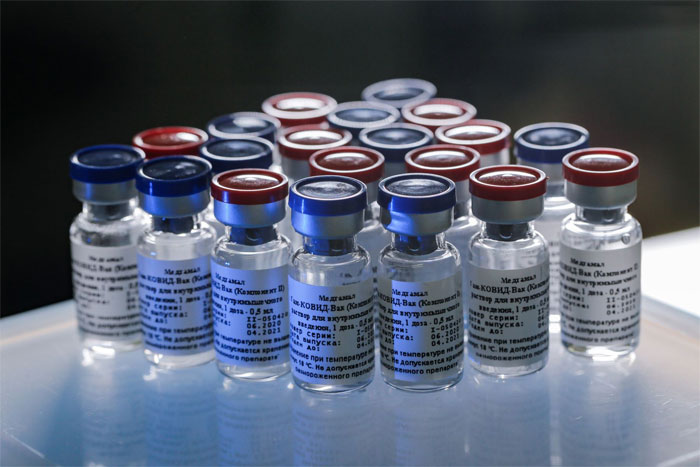Tegucigalpa – The fight against time to supply the world with vaccines against COVID-19 quickly turned into a struggle between the West, Russia and China.
Both Russia and China have been singled out for using the inoculant as part of their soft diplomacy to gain ground and influence in the world. In fact, the Russian and Chinese vaccines have advanced in Latin America, allowing the diplomacy of these nations to take hold in this region, normally prone to the United States.
– Rich western countries are criticized for hoarding the largest amount of vaccine doses from their pharmaceutical companies.
– Latin American countries go to Beijing and Moscow for their vaccines to protect their populations.
– Quickly the race to obtain the vaccine was transformed into a geopolitical struggle to gain space and influence in the world from the powers.
While western countries, led by the United States and Europe, focus on getting the most doses Of the vaccines approved by their regulatory agencies, the other nations of the globe are without access to said market, vital to be able to reactivate their economies and return to normality, which has allowed Moscow and Beijing to provide them with certain quantities of their Sputnik vaccines V, Sinovac, Sinopharm and CanSino Bio.
Currently in the West the policy of “for himself who can” is applied regarding the acquisition of vaccines, since the European Union struggles to achieve a better supply of vaccines, while the United States pressures to provide them with the largest quantity of doses to inoculate your population.
So far the world only knows of the approval of the vaccines from the western pharmaceutical companies AstraZeneca and the University of Oxford, that of Pfizer-BioNTech and Moderna, as well as the Russian Sputnik V and the Chinese Sinovac, Sinopharm and CanSino Bio.
The first three have been authorized by the regulatory agencies of the United States Drug Control Agency (FDA) and the European Food Agency (EMA), while the other four have not been approved in the West.
–
To the World Health Organization (WHO), which has asked to authorize vaccines, only requests reach their desks when they are already being applied in the nations.
The governments of the United States and Europe are against the clock, vaccinating their citizens and claim that before the boreal summer (which begins on June 21) their inhabitants are already protected with at least the first dose, although most seek total protection from the two doses per person.
Western pharmaceutical companies AstraZeneca and Pfizer have announced to governments that the committed doses will not be fully delivered, as they must make adjustments to their production plants in order to increase their flow in the coming months.
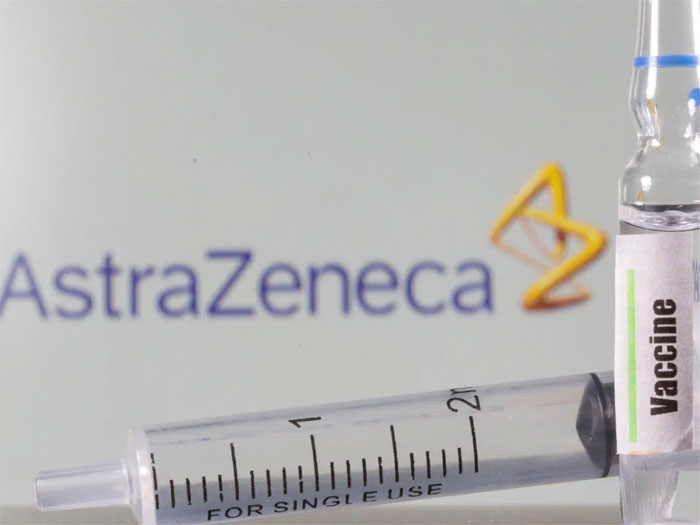
–
The foregoing unleashed the fury of the officials of the European Union who have demanded that AstraZeneca comply with what was signed in the contracts of the Advance Purchase Agreements signed last year.
Vaccines for all and criticism of the West
From various instances, it has been requested that the anti-Covid vaccines reach all countries and in that sense they have criticized rich nations to concentrate more than 90% of them for their populations.
The United States, the European Union, Canada and Great Britain have concentrated more than 90% of the orders of vaccines to Western pharmaceutical companies, which has unleashed criticism from international organizations and activists by poor countries regarding the concentration of the same in rich countries.
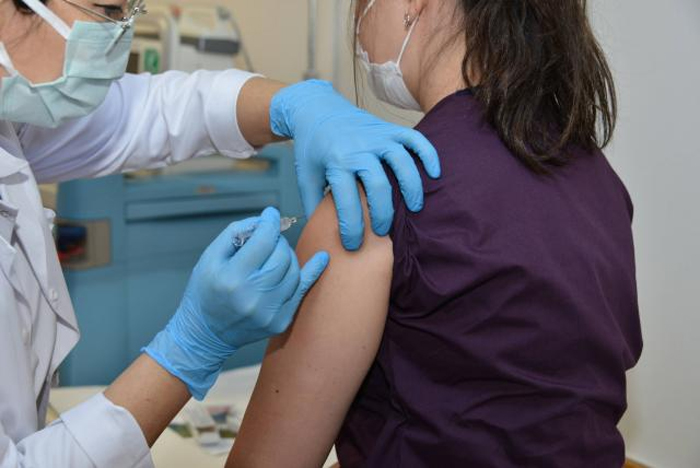
–
Pope Francis has demanded that poor nations have access to them, indicating that it is time for fraternity in the world to take effect.
“Vaccines for all” has been one of the constants of Pope Francis, indicating that the most vulnerable have been the hardest hit.
On its side, the WHO has reminded powerful nations that they will never be safe from the SARS CoV-2 virus, which generates the COVID-19 disease, if the populations of poor countries are not vaccinated.
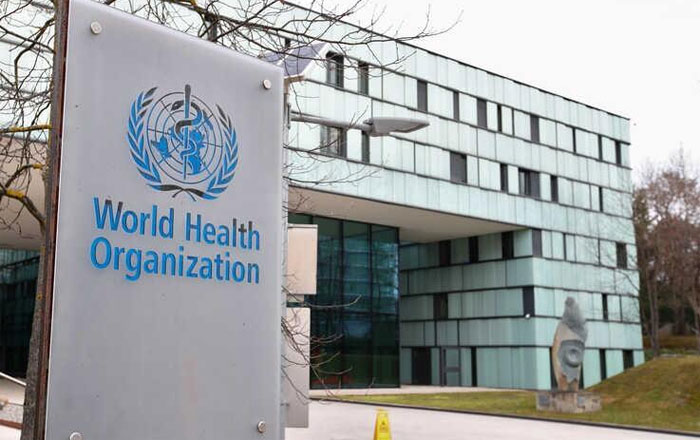
–
But the agency also speaks of the economic side and points out that vaccination in poor and developing countries is crucial for the Economic recovery world.
While global public health activists point out that it is morally unacceptable that wealthy Western countries have accounted for more than 90 percent of Big Pharma’s vaccine production, leaving little to other nations.
The director general of the WHO, Tedros Adhanom Ghebreyesus, has asked pharmaceutical companies to increase their production to supply poor countries or to authorize their vaccines to be produced in other developing nations.
Moscow and Beijing gain influence
Given the position of the rich countries, Russia and China have come out to distribute the long-awaited vaccines to the rest of the poor and developing countries, as have India and the United Arab Emirates.
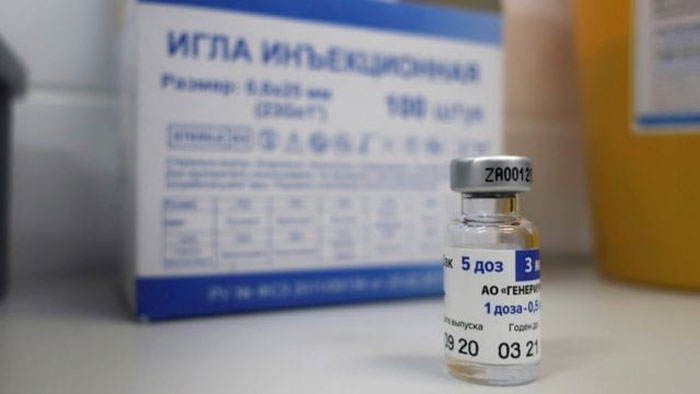
–
Moscow has managed to position its Sputnik V vaccine in the heart of the populations of several nations, who demand that their governments appeal to President Vladimir Putin to send batches of them, in order to inoculate medical personnel and the elderly.
Russia has shipped batches of its vaccine to Venezuela, Iran, Belarus, Serbia, Hungary (which broke the European Union’s discipline of not accepting Russian vaccines).
The same position has been taken by China, which takes advantage of the broad control of the virus in its territory, in such a way that it allocates a good part of the vaccine production to send them to countries that it considers friends and potential partners.

–
Mexico received this Thursday active material to package two million doses of vaccines from the Chinese pharmaceutical company CanSino Bio, which will be processed in a laboratory that operates in Queretaro.
For its part, Beijing has focused on Asian nations such as the Philippines, Indonesia and others, as well as the Latin American giants of Brazil and Mexico, as well as promised assistance for 2 billion dollars for African nations, rich in raw materials that their needs need. export industry.
To Brazil it shipped the vaccine from the state firm Sinopharm and also plans to ship to Peru, another country rich in raw materials.

–
Brazil, Mexico, Argentina, Chile, Colombia, Bolivia, Peru, Venezuela, Dominican Republic, Panama, ParaguayAmong other nations on the continent, they have opted for the Chinese vaccines and the Russian Sputnik V.
Most of the countries are vaccinating, while they wait for million-dollar doses in bottles or the one prepared so that they can be divided in the recipient countries.
Few countries have opted solely for Western vaccines, such as Ecuador and Costa Rica.
Other Latin American nations are waiting for the WHO Covax mechanism to deliver the vaccines to start inoculating.
This mechanism is a global initiative that is committed to providing free vaccines to poor and developing countries to protect 20 percent of their population.
Central America
Mexican President Andrés Manuel López Obrador spoke out concerned due to the lack of vaccines in Central American countries, with the exception of Costa Rica, which managed to negotiate a batch of Pfizer BioNTech vaccines to apply to medical personnel and the elderly.
“It is regrettable that Central American countries are affected, like many other countries in the world, and that they do not have access to the vaccine. That Guatemala, Honduras, El Salvador do not have access to the vaccine. How much vaccine is required to protect these siblings? Well no, because the population is not large, “said AMLO, as he is popularly known, in the customary daily conference that he offers and that Mexicans know as the” Mañanera “, according to the Excelsior newspaper. (ag)
–
